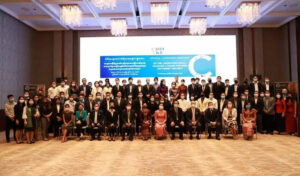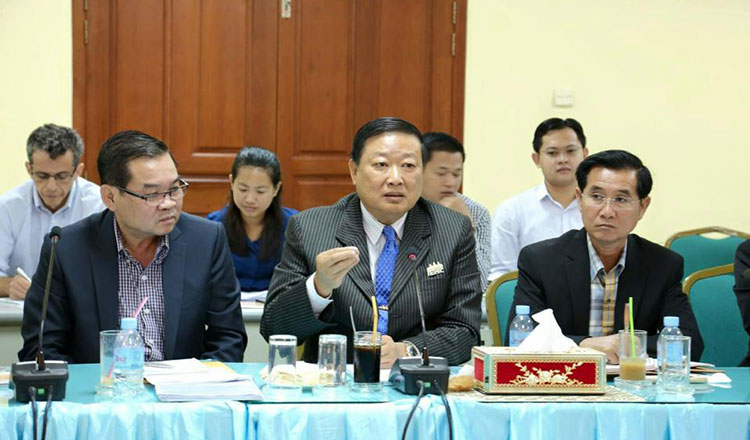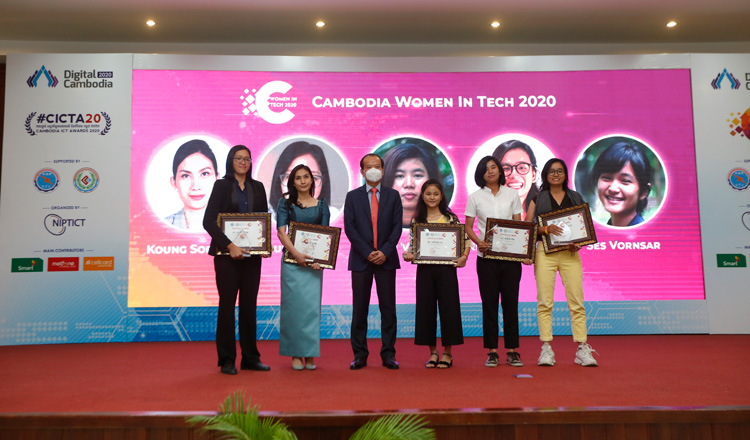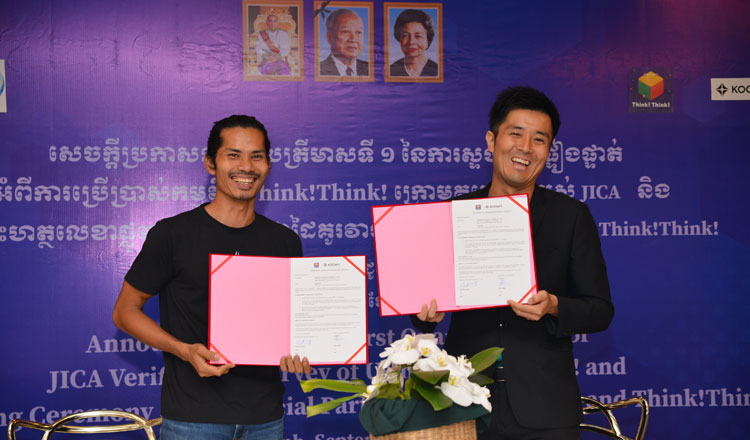New tech centre given boost to help digital startups
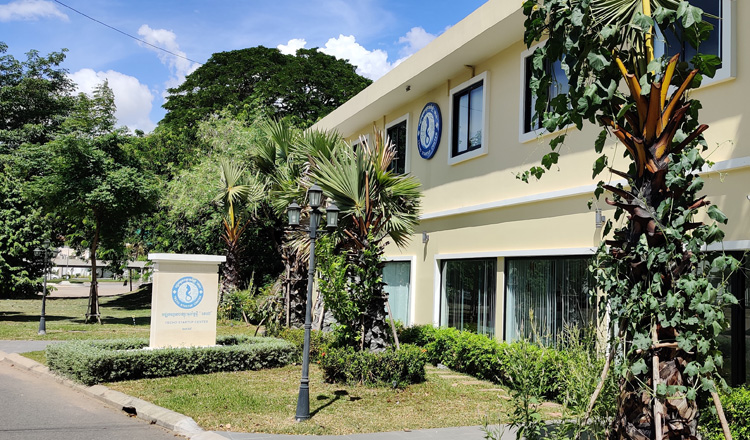 The Techo Startup Centre at the Royal University of Phnom Penh is designed to boost technology startups. Dr Taing Ngounly
The Techo Startup Centre at the Royal University of Phnom Penh is designed to boost technology startups. Dr Taing Ngounly
The Cambodian government issued a sub-decree establishing the new Techo Startup Centre (TSC) as a public administrative institution aimed at providing opportunities for young people, students, and researchers to create new businesses in accordance with the trends and momentum of advancing digital technology.
The sub-decree number 96, signed by Prime Minister Hun Sen, stated that the TSC is tasked to find innovative ways to grow companies that have the potential to develop quickly in line with the government’s framework for building a digital economy.
The transformation of the new TSC into public administration is to improve the function, resources, and ability to support and nurture new businesses to maximize the digital sector’s new business orientation. The center operates under the Ministry of Economy and Finance.
TSC Director Taing Ngounly said in the context of the digital economy for which the government is preparing its policy, building a business and startup ecosystem is one of the five pillars to catalyze the Kingdom’s digital economy.
TSC was created to actively engage in mainstream Cambodia’s startup ecosystem by igniting innovation borne out of emerging technology and to promote and foster startups and entrepreneurship in Cambodia.
He added that the center provides opportunities to youths, formal students, and researchers to innovate further and commercialize their innovative ideas through the process of startup acceleration. Along this process, the center is committed to doing the heavy-lifting job for startups to grow by giving them the necessary skillsets, by connecting businesses to a pool of mentors and by building key platforms as enablers to conduct the innovation.
“So far we have built key platforms such as the Cambodia Data Exchange (CamDX), a secure data exchange platform for online business registration that eases the business registration process and that was officially launched on June 15 as well as the Phnom Penh-wide digitalized address platform that pinpoints accurate home postal addresses for startups working on logistics and last-mile delivery. On top of that, we also embark on policy recommendations relevant to entrepreneurship and ecosystems to orient the startups properly,” said Ngounly.
“At TSC, we nurture startups through an accelerator program of four to six months by equipping startup founders with essential skillsets through our mentor network, assisting them in building their prototypes called a minimum viable product and getting them ready for pitching to get seed funding,” he added. “Since its operation from January 2019, we have run our first trial-out cohort of the accelerator program themed on a platform economy where four startups were selected for acceleration. Among those, a startup working on last-mile delivery is supposed to be introduced to the market soon this year,” he added.
Because of the COVID-19 pandemic, the center has not run another cohort so far this year. However, it plans to run the next accelerator program focusing on the agriculture value chain and agribusiness in September under the framework of what it calls the Sustainable Assets for Agriculture Markets, Business, and Trade project. In the meantime, it is also working with the Ministry of Environment and the United Nations Industrial Development Organisation to design a project to run another accelerator program on clean technology and hospitality in 2021.
Clean technology, in short cleantech, is any process, product, or service that reduces negative environmental effects through significant energy efficiency improvements, the sustainable use of resources, or environmental protection activities.
Within 18 months, TSC has accomplished some major work, for instance, startup acceleration, a study on the landscape of Cambodia’s financial technology (fintech), engagement in drafting the digital economy, and digital government policy and building the CamDX platform.
“There are more milestones to reach in the pipeline. Within the next three years, we will continue to build Cambodia’s startup ecosystem with other key actors and to do the heavy-lifting job for startups by building the necessary technology platforms as the enablers for startups to hook up with and grow their business linearly, if not exponentially,” Ngounly said.
“In this connection, we will run Startup Cambodia, a program aiming to represent startups nationally and create an interactive startup ecosystem through a partnership between key stakeholders,” he added.
“In addition, we will actively contribute to the growth of Cambodia’s digital economy and shape our core value to reflect the digital transformation for better opportunities. Through this commitment, we want to showcase some success stories from the commercial companies borne out of startups at an early stage as the hook for the next startups,” he stressed. Khmer Times

